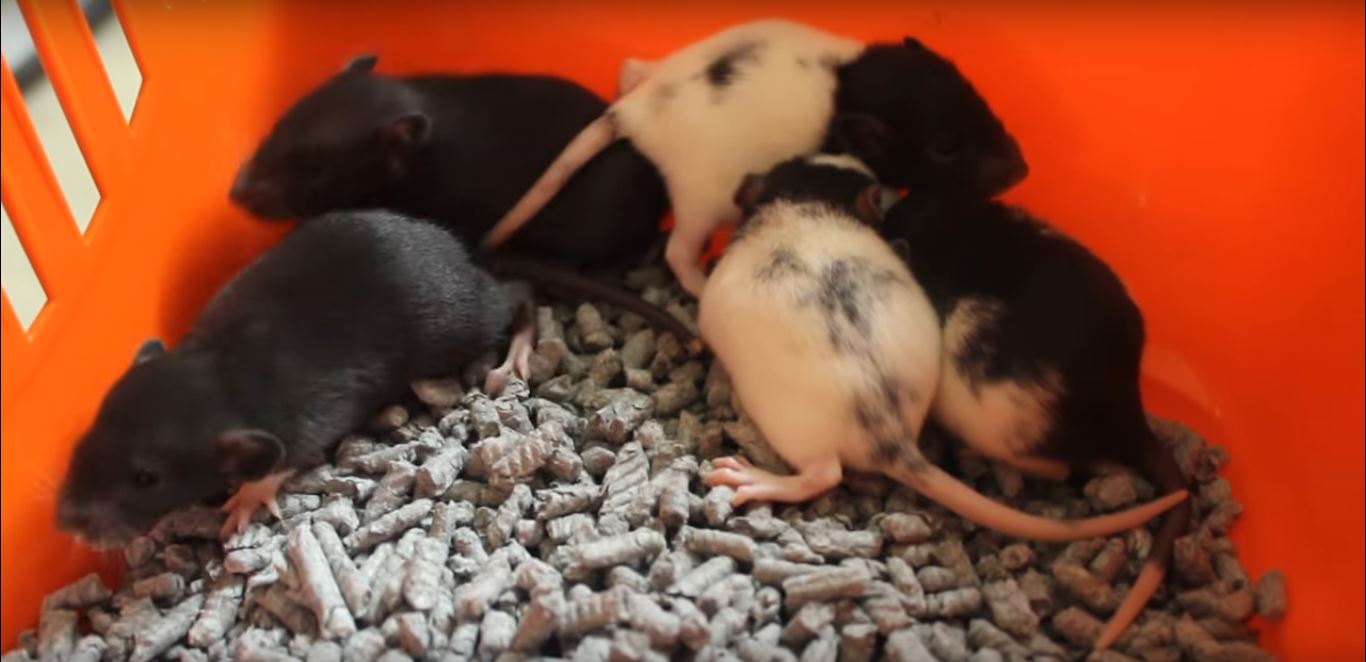
Pest Animal Removal Las Vegas
Welcome to Pest Animal Las Vegas! We are a wildlife removal company servicing Las Vegas, NV. Call us now at 702-577-2880 for your Las Vegas wildlife control needs.
About Pest Animal Las Vegas and Our Services:
Property inspections and in-attic inspections.
Nuisance wildlife trapping and removal.
Critter damage repair to your home.
Attic restoration and decontamination.
Licensed and insured in Nevada
Las Vegas rat control and rodent removal
Bat control in Las Vegas - removal from attics
Raccoon and skunk removal in Las Vegas
Las Vegas dead animal removal inside houses.
Nevada Snake control services
Bird Removal and Prevention
Call us any time to discuss your wildlife problem!
Our Service Range

Our Service Range
We service Clark County, Mohave County and Nye County. We service towns such as Boulder City, Bullhead City, Henderson, Kingman, Lake Havasu City, Las Vegas, North Las Vegas, Mesquite, Arizona Village, Beatty, Blue Diamond, Bunkerville, Cal-Nev-Ari, Desert Hills, Dolan Springs, Enterprise, Fort Mohave, Goodsprings, Indian Springs, Kaibab, Laughlin, Littlefield, Mesquite Creek, Moapa Town, Moapa Valley, Mohave Valley, Mojave Ranch Estates, Mount Charleston, Mountain’s Edge, New Kingman-Butler, Pahrump, Paradise, Peach Springs, Sandy Valley, Scenic, Searchlight, Spring Valley, Summerlin South, Sunrise Manor, Tonopah, Whitney, Willow Valley, and Winchester.Las Vegas Wildlife Removal Tip of the Month
Facts About Rats
Two most commonly known genuine types of Las Vegas rats, the Rattus rattus or the Black rat, as well as Rattus
Norwegicus or the Brown rat, share similar common features. Both species have long and pointed nozzles
and their heads are smaller and narrow comparing to their bodies. While their long, rounded bodies are
covered in fur, their tales are long and bold. Rats commonly have short legs, equipped with small, yet
sharp and powerful claws. Many larger types of mice are often confused with rats. Rats belong to mammal
rodents. This means that their young, called pups, suck on their mother's breast milk to survive for the
first 14 days after birth. Belonging to the group of rodents, Nevada rats use their powerful set of teeth to bite
their way through different environments and are capable of surviving the toughest environmental conditions.

Rats have sharp senses of hearing, sight, and smell, and are considered to be amongst most intelligent animals.
What are unique rats is their strong immune system that allows them to carry numerous deadly diseases and
surviving in the toughest conditions? In fact, rats can swim and dive, and can endure longer periods of time
without breathing air. However, the most unique and powerful feature in rats is their jaws and teeth. Rat's
jaws consist out of incisors, which are the front two teeth of extreme length. This pair of teeth allows Nevada rats
to chew through the hardest of materials like wood and concrete. Their jaws also contain miascema, an empty space
between incisors and their molars, the back teeth Las Vegas rats use to crush hard materials.
The two most commonly known types of rat, Rattus rattus, and Rattus Norwegicus, mate throughout the whole year. The
gestation period for a pregnant female lasts 21 days, and the newborn pups will be mature to mate only 14 days after
birth. For this reason, and due to the fact that a single female can give birth to up to 12 babies, allows rats to
reproduce and multiply with an amazing speed. In fact, throughout history, rats overpopulation in certain areas, like
newly-built industrial cities, was the reason for some of the most devastating epidemics and loss of food, which led to
poverty and starvation. Due to the speed in which rats reproduce, the vast majority of citizens of urban environments
resort to killing Nevada rats they spot.
Although Las Vegas rats are mostly referred to as a type of animal that inhabits filthy and unhygienic, abandoned areas, rats,
in fact, prefer to live in clean areas and resort to places such as sewage only if they can't reach a better, cleaner
habitat. In the wild, rats choose to live in holes and pits, as well as other types of dark and sheltered environments.
In urban areas, however, rats usually hide in dark, abandoned places like old buildings, sewage and sometimes walls,
basements and the attics of human homes. What makes Nevada rats specific when it comes to their living habits is that they
will grow so accustomed to living condition in one area, or a habitat, that they will most likely not going to survive
if they migrate to another. Rats accommodate to living and feeding in one habitat to a degree where they are not able
of surviving in another.
Rats are omnivores, which means that they feed on all types of food. Rats are capable of both hunting and scavenging for
food. Again, despite general belief that Las Vegas rats eat filthy and rotten food, they actually prefer fresh food, and will much
rather eat in clean places. However, in times of need and starvation, rats will be protected by their strong immune system,
eat even old and rotten food, including corpses. If a hoard of rats starved enough, they are even capable of attacking animals
and humans for food. Rats are amongst the most intelligent living species of animals. Their instincts revolve around safety
and searching for food, although they are capable of building relationships with humans and animals and have recorded to show
forms of social intelligence. Rats have also shown the ability to overcome obstacles using intelligence and even finding a way
to use simple tools, like wheels, to reach their goal. Unless in extreme circumstances, like danger or starvation, rats are not
likely to act aggressive. However, they can be very aggressive and dangerous in self-defense. Because of their intelligence and
the ability to build relationships, Nevada rats are widely popular as pets.
As the rat's immune system allows them to carry the deadliest of diseases without succumbing, Las Vegas rats are known to spread deadly
and dangerous illnesses and even cause epidemics worldwide. Rats can carry black plague, leptospirosis, and many other deadly
diseases. The bite of a Nevada rat can also cause the rat-bite fever, a disease that happens as a result of bacteria and fungus spread
through rat bites. Rat feces is also a health hazard due to bacteria and fungal spores it often contains. For these reasons,
the very sign of an existing rat in a human household often causes fear of spreading infectious and dangerous diseases.
Other Wildlife Control Las Vegas information
- Do All Squirrels Have Rabies?
- What Should I Do With a Skunk After I Catch It?
- What are a Rat's Mating Habits?
- Will Las Vegas Animal Services Help Me with a Squirrel Issue?
- Keeping Opossums Away From A Garden
- What Equipment is Needed to Trap a Skunk?
- How to Get Groundhogs Out From Under a Shed or Porch
- The Tale of an Opossum Tail
- Will Repellents Get A Bat Out of the Attic?
- Should I Hire A Pro, Or Remove Skunks Myself?

